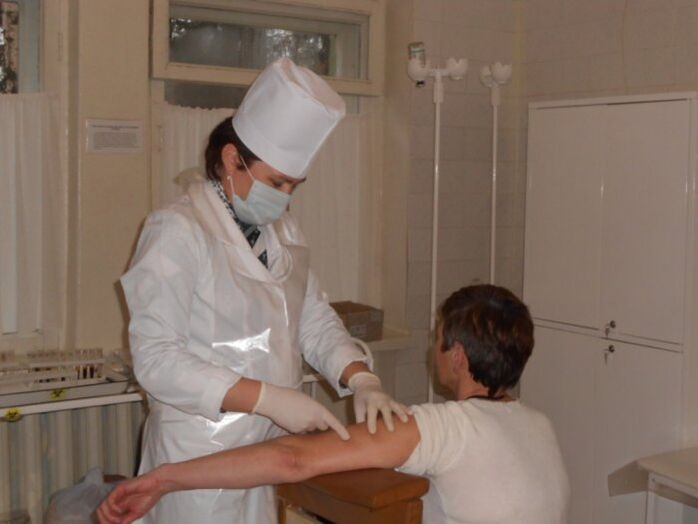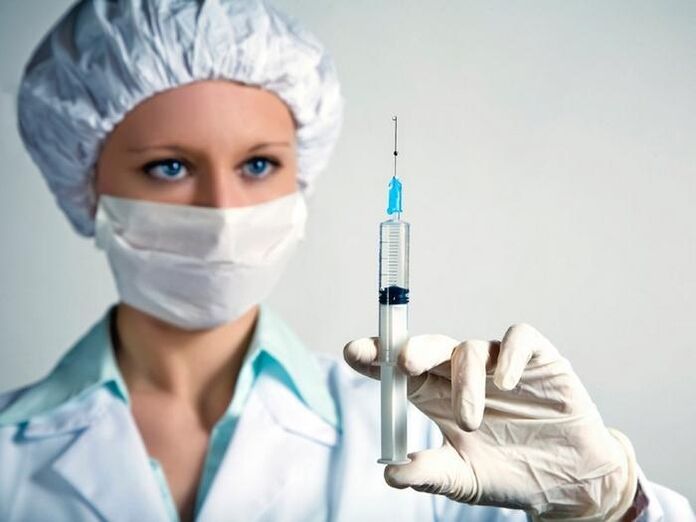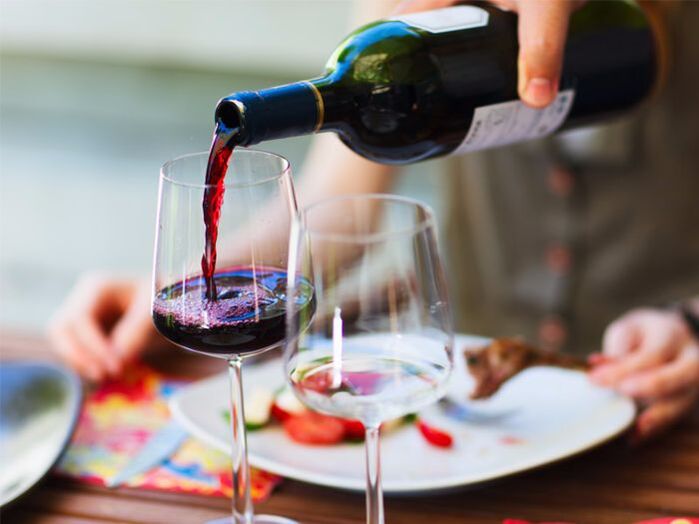The Ministry of Health has approved mass vaccination of the population against various diseases. At the same time, if the previous vaccination cycle and their medical scope were three to five names, then today people can be vaccinated for other diseases, such as influenza, papilloma virus, etc. Of course, in this case, not only children but also adults were vaccinated. This raises the question of whether you can drink alcohol after vaccination, and if it is banned, then why.
Important note: Every adult should understand that alcohol and vaccination are absolutely incompatible concepts. The interaction between the administered drug and the ethanol molecule can lead to the most unexpected results, even death.
Vaccination: Definition

Vaccination is the process of injecting tiny doses of specific disease pathogens into the human body. At such a dose, the vaccine cannot completely cause the disease, but it stimulates immunity very aggressively, forcing it to resist the introduced pathogens. Therefore, the body's immune cells will remember a potentially harmful substance and produce antibodies in non-antibodies for life or within a certain period of time.
Important note: The most important condition for vaccination is the absolute health of the patient. Only in this case will the human body respond correctly to the vaccine (which is predictable from a medical point of view). If a person's immunity is weakened by disease or other external factors, the immune system will malfunction, and the introduced pathogens will cause the patient to be vaccinated to activate the disease.
This is why for those who want to know if they can drink after being vaccinated, there is a clear answer-no! Alcohol (beer, vodka and many other beverages) is a toxic and weakening factor in the body.
Modern vaccination: types and purposes of vaccination

To date, there is a list of vaccines aimed at compulsory or voluntary vaccination. Therefore, distinguish the following points:
- Chickenpox (chickenpox). It should be noted that this disease is more acceptable to preschool/primary school children. With the spread of this disease, lifelong immunity develops. However, if a person has not had chickenpox in childhood, then in adulthood, the disease will have a serious toxic effect on the body and affect the central nervous system. This is why adults who have not been infected with smallpox should definitely be vaccinated. Especially women.
- Rubella, measles and mumps. This vaccine is given once to preschool and school-age children. However, if adults were not vaccinated during childhood and did not suffer from such diseases, it is recommended to vaccinate at an older age.
- Whooping cough, tetanus and diphtheria. This vaccine is administered every ten years.
- Get various forms of hepatitis vaccines. In addition, each patient can voluntarily choose this type of vaccination and the type (form) of hepatitis he wants to be vaccinated. Therefore, the hepatitis B vaccine is suitable for people with mixed sexual relations and frequent contact (treatment) injections. All health workers, drug users and people with liver disease must (recommended) get the hepatitis A vaccine.
- Papillomavirus (HPV). The vaccine is suitable for all women between 11 and 26 years of age. In this case, vaccinate 3 times.
- Flu vaccine. This type of vaccine is provided to adults and children. This vaccination is relevant during seasonal outbreaks of influenza epidemics. For people who often stay in crowded (large) crowded places, this type of vaccination is best. It is worth mentioning that drinking alcohol is strictly prohibited after flu vaccination and other vaccinations.
- Get encephalitis vaccine. Protect adults from the terrible neurological infections carried by ticks.
- rabies vaccine. This is the only vaccination given after an incident that poses a potential threat to humans. In other words, after animals attacked people. In this case, it is absolutely impossible to drink alcohol after vaccination, because a small dose of the deadly virus will be injected into the human body for 90 days. It is during this period that it is necessary to quit drinking completely.
Avoid alcohol after vaccination

Doctors strongly object to drinking alcohol after vaccination. This strict recommendation is because ethanol molecules have a serious (if not huge) load on the human immune system. Therefore, if patients are interested in the question of whether they can drink after vaccination, the answer will be clear-no! That being said, most patients may wonder how much they should not drink after a medical procedure. Here, the doctor advises not to drink alcoholic beverages for three days after vaccination. Ideally, abstinence is best for up to 10 days. Rabies vaccination is an exception. Here, the vaccination period is three months, and the strict and unconditional abstinence period must be 9 months. Three of them are used for the vaccination process, and the remaining six months are used for the immune system to fight the introduced rabies pathogen. In this case, alcohol can cause negative effects, even death.
Possible complications of alcohol vaccination

It is worth understanding that each vaccine has a specific effect on the human body. Therefore, it is forbidden to drink alcohol after vaccination, so as not to obliterate the existing adverse reactions. Therefore, in some cases, after vaccination, the following manifestations will appear:
- After the hepatitis B vaccine, joint pain, vomiting, reflex, or allergies may occur.
- After being vaccinated against rabies, patients may experience itchy skin, headaches, and redness.
- It is worth mentioning that the tetanus vaccine strongly suppresses the immune system, so the use of alcohol to end it is highly discouraged.
Important note: Remember that by ignoring the advice of health workers and drinking alcohol after vaccination, you can significantly cover up any negative effects of the vaccine itself on the body. Therefore, if any complications occur, the patient will lose time when the doctor tries to find out the true cause of the symptoms.
It is worth remembering that drinking alcoholic beverages in the context of vaccination can lead to the development of such diseases:
- Gastrointestinal dysfunction (constipation, diarrhea, dysbiosis);
- Escherichia coli;
- Allergic reactions;
- Increased body temperature and chills;
- Diseases of the lungs and respiratory system;
- Nausea and vomiting;
- Reduced activity and general weakness;
- Headache and joint pain;
- Any deterioration of chronic diseases;
- Quincke's edema and anaphylactic shock.
Remember: pay attention and take care of yourself and your health condescendingly. Now you know why you should not drink alcohol after vaccination, or even a little.































